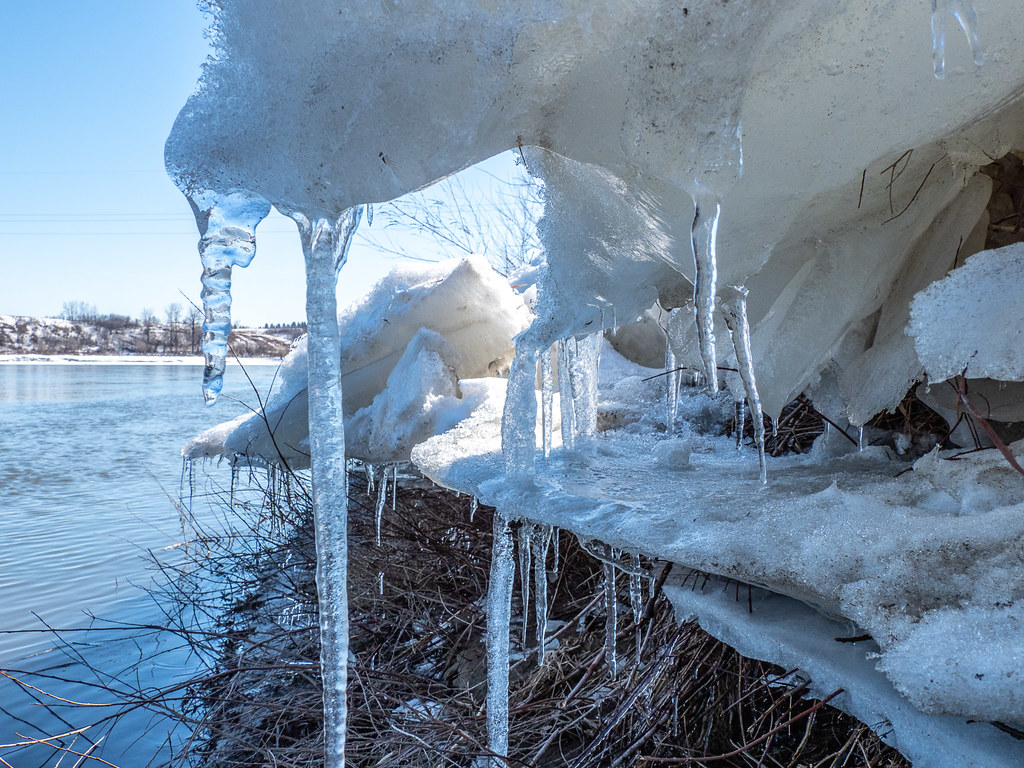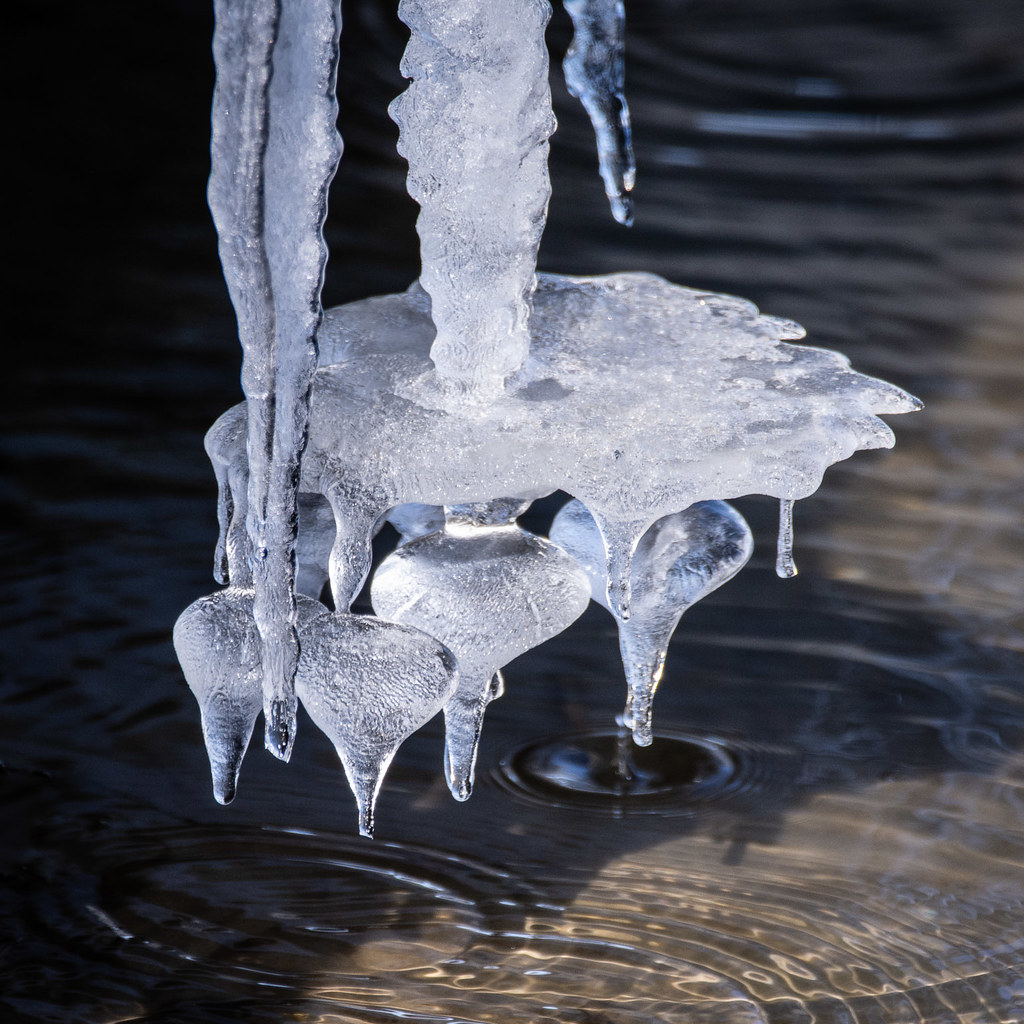PCAP-SK is hosting a webinar on habitat occupancy by breeding Pied-billed and Horned Grebes in Prairie Canada: correlates of pond use and breeding success at noon, Jan. 27.
Nature Regina is hosting a winter bio-blitz at various times on Jan. 29. Register on their website.
EMTF-SK will host an online breakfast presentation on Saskatchewan's Energy Storage Advantage: Compressed Air Energy Storage in Salt Caverns on Feb. 2.
PCAP-SK is hosting a webinar on a watershed stewardship approach to invasive species education and management at noon, Feb. 2.
The Institute for Environmental Sustainability is hosting a webinar on the importance of peatlands for nature and people on Feb. 2.
Full details of all upcoming events are listed on the EcoFriendly Sask Calendar
Low Tech
A low-tech solution – hot water bottles. [Low-Tech Magazine]
Zero Waste
British Columbia leads the way on recycling and composting programs, but more is still needed. A plan to get BC to zero waste by 2040 emphasizes reducing waste production, repair & maintenance, extended producer responsibility, and closing disposal loopholes. [The Tyee]
A frying pan made from recycled aluminum cans, bicycle parts, and other recycled metal can be manufactured using 95% less energy than a conventional aluminum frying pan. [Kuhn Rikon]
Energy
Carbon capture at Shell’s blue hydrogen facility near Edmonton is capturing less than 50% of the facility’s total emissions. [Gizmodo]
Satellites can play an important role in identifying methane emissions, the first step in tackling a key source of GHG emissions. [Smithsonian]
Turning big box store rooftops into solar farms could generate a lot of electricity. [Gizmodo]
A new conservation foundation plans “to provide Indigenous and other land-based communities with funds to protect endangered ecosystems and build economic alternatives to the logging of at-risk old-growth forests.” [CTV]
A low-energy kitchen, carpets made from recycled fishing nets, solar panels, and bees and wildflowers on the roof – this hotel is paying more than lip service to environmental sustainability. [The Guardian]
John Stimpson has built 30,000 nest boxes for swifts, not to mention the nest boxes he’s built for barn owls, blue tits, finches, blackbirds, and thrushes. [The Guardian]
Tips to help you clear dangerous pollutants out of your home (and your body). [The Guardian]
The hidden cost of fish oil pills to personal and environmental health. [The Guardian]
On the Bookshelf
Though the Earth Gives Way, a novel by Pullitzer Prize-winning journalist Mark S. Johnson, shares the stories of individuals fleeing a climate apocalypse. “We are good at divorcing ourselves from consequences,” Johnson says. “I wanted readers to feel as if they’d glimpsed the other side, the world to come.” [Madison Magazine]
Nature’s Wonders
A rare sighting of blanket octopus. Males are 2.4 centimetres – females grow up to 2 metres! [The Guardian]
When large numbers of snowy owls appear in southern Canada and the US, we assume they’re starving. Not so, according to SK researchers. “It’s due to a bumper crop of young snowies during a very good breeding season.” [All About Birds]
Check out EcoFriendly Sask’s Nature Companion, a free nature app for Canada’s four western provinces
EcoFriendly Sask supports Saskatchewan environmental initiatives through an online publication, an events calendar, small grants, and the Nature Companion website/app. You can follow EcoFriendly Sask by liking us on Facebook, following us on Twitter, or subscribing by email (top right corner).


